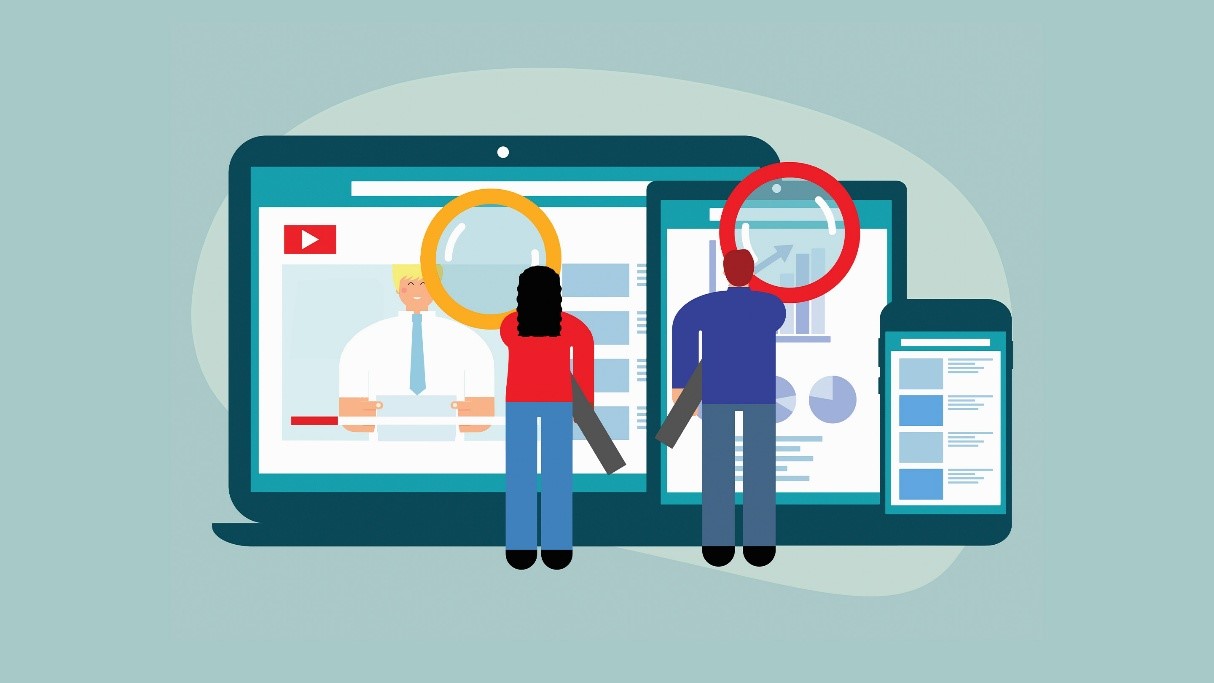BUILDING MEDIA LITERACY IN A DIGITALLY SATURATED WORLD

In an era of fast-acting and spreading misinformation than truth, media literacy goes beyond being an academic and applied must to become a civic requirement. It is estimated that with the availability of smartphones, the social media, 24/7 news, people constantly engage in media consumption. Presidency School of Media Studies provides practical steps towards giving students the critical thinking tools required to be able to work in this dynamic and often overwhelming media environment.
To enhance full learning to the students, the Bachelor of Arts in Journalism and Mass Communication provided by the Presidency School of Media Studies is designed with Choice-Based Credit System (CBCS) and Outcome-Based Education (OBE), which makes the students not only aware of producing content but also the power to test what has been provided to them by the media. This method actively allows creating a dialogue with media texts and platforms and not just consuming them actively.

(Source: https://britannicaeducation.com/media-literacy/ )
The concept of media literacy is all about accessing, analyzing, evaluating, creating, and acting using any form of communication in its essence. It enables people to interpret media messages, doubt motive, and identify bias. The trend of disinformation campaigns and deep fakes can be felt even in this era; that is why media literacy should be encouraged, not only among journalism students but also to the rest of the society.
Presidency University also works toward this end by making workshop, seminars, and events like the Media Awareness Week to help gather media educators, journalists, and students together. Such initiatives solve the existing issues, including algorithmic filtering, the echo chambers, and AI-generated misinformation, stimulating ethical content development and responsible media behaviour.
Why Media Literacy Matters More Than Ever

(Source: https://www.edutopia.org/article/media-literacy-high-school/ )
Combating Misinformation: Media literacy helps individuals discern credible news sources from fake or misleading information. With the rising tide of fake news, especially during elections or public health crises, this skill is invaluable.
Understanding Algorithms: From YouTube recommendations to social media feeds, algorithms influence what we see. Media literacy encourages users to question these systems and recognize how they shape public discourse.
Civic Engagement: Informed citizens are the foundation of any democracy. Media literacy enables people to participate thoughtfully in public debates, understand diverse viewpoints, and make responsible decisions.
Empowered Storytelling: Beyond critical consumption, media literacy also involves content creation. It gives students the confidence to tell their own stories, challenge dominant narratives, and amplify marginalized voices.
By imbuing their pedagogical practices with media literacy, educational establishments such as the Presidency University are racing with the changing media technologies at the speed of lightning. The goal in mind is quite obvious the formation of critical consumers, responsible producers and conscientious media practitioners. Either in the form of the School of Presidency School of Media Studies or in the form of the wider interdisciplinary endeavours, encouraging media literacy is one of the ways to create a more educated, understanding and resilient society.
Written by,
Ms. Mayuree Pal
Presidency School of Media Studies













 Rajanukunte, Yelahanka, Bengaluru, Karnataka, Pin: 560119, India
Rajanukunte, Yelahanka, Bengaluru, Karnataka, Pin: 560119, India
 +91 9022092222
+91 9022092222